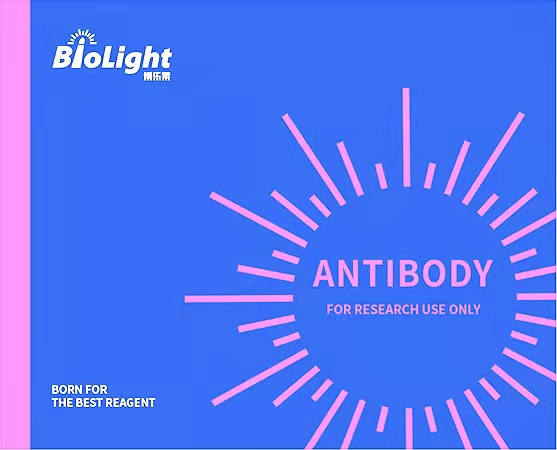
Anti-MFGE8 Antibody, Rabbit Polyclonal
产品编号:PA00675HuA10
$ 询价
规格 50uL 100uL 200uL 可选
产品名称:Anti-MFGE8 Antibody, Rabbit Polyclonal
经验证的应用:WB/ICC
交叉反应:/
特异性:human MFGE8
免疫原:Recombinant human MFGE8 protein, fragment Leu24~Cys387; UniprotKB: Q08431
制备方法:Produced in rabbits immunized with human MFGE8, and purified by antigen affinity chromatography
来源:Polyclonal Rabbit IgG
纯化:Immunogen affinity purified
缓冲液:Supplied in PBS, 50% glycerol and less than 0.02% sodium azide, PH7.4
偶联物:Unconjugated
状态:Liquid
运输方式:This antibody is shipped as liquid solution at ambient temperature. Upon receipt, store it immediately at the temperature recommended.
储存条件:This antibody can be stored at 2℃-8℃ for one month without detectable loss of activity. Antibody products are stable for twelve months from date of receipt when stored at -20℃ to -80℃. Preservative-Free. Avoid repeated freeze-thaw cycles.
别称:HMFG, MFGM, SED1, BA46, EDIL1, OAcGD3S, SPAG10, hP47, Medin, Lactadherin, Sperm Associated Antigen 10, Sperm Surface Protein hP47, Milk fat globule-EGF factor 8
背景信息:MFG-E8. Milk Fat Globulin Protein E8 (MFG-E8), also known as Lactadherin, MP47, breast epithelial antigen BA46, and SED1, is a 66-75 kDa pleiotropic secreted glycoprotein that promotes mammary gland morphogenesis, angiogenesis, and tumor progression. MFG-E8 also plays an important role in tissue homeostasis and the prevention of inflammation (1). Human MGF-E8 contains one N-terminal EGF-like domain and two C‑terminal F5/8-type discoidin-like domains (2). It shares 63% and 61% aa sequence identity with comparable regions of mouse and rat MFG-E8, respectively. Shorter isoforms of human MFG-E8 may have N-terminal deletions (beginning near the end of the first discoidin-like domain), internal deletions (lacking either the EGF-like domain or the central region of the second discoidin-like domain), or C‑terminal deletions (truncated within the second discoidin-like domain) (3). A 50 aa internal proteolytic fragment of human MFG-E8 (known as Medin) is a major component of aortic medial amyloid deposits (4). MFG-E8 is released into the milk in complex with lipid-containing milk fat globules. It is also found in multiple other cell types including endothelial cells and smooth muscle cells of the vasculature, immature dendritic cells, at the acrosomal cap of testicular and epididymal sperm, and in epithelial cells of the endometrium (1). MFG-E8 binds to the Integrins alpha V beta 3 and alpha V beta 5 and potentiates the angiogenic action of VEGF through VEGF R2 (5, 6). It reduces inflammation and tissue damage in a variety of settings. MFG-E8 functions as a bridge between phosphatidylserine on apoptotic cells and Integrin alpha V beta 3 on phagocytes, leading to the clearance of apoptotic debris (7). It mediates the engulfment of apoptotic bodies in atherosclerotic plaques and prion-infected brain (8, 9) and of apoptotic B cells during germinal center reactions (10, 11). MFG-E8 also promotes the removal of excess Collagen in fibrotic lungs and the regeneration of damaged intestinal epithelia (12, 13). Its tissue-protective role impairs anti‑tumor immunity and chemotherapy-induced apoptosis (14). MFG-E8 in the breastmilk blocks rotavirus infection in nursing babies (15)
全称:Lactadherin (MFGE8)
说明书:待上传

